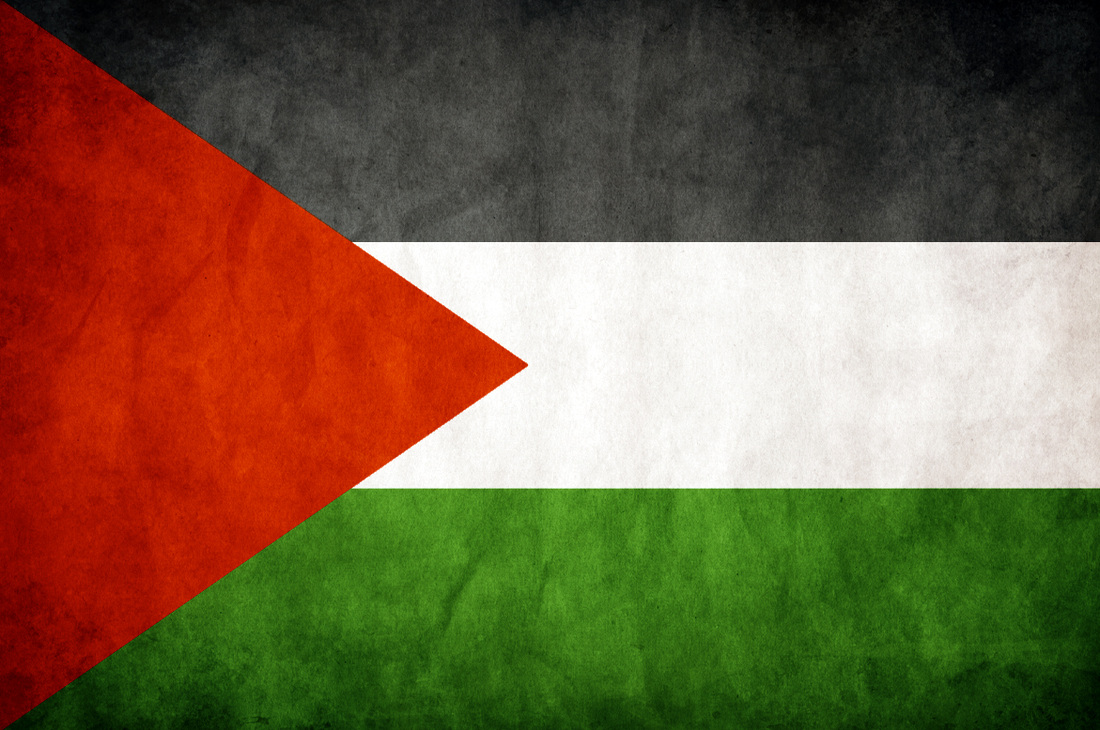Manar Ammar | 25 February 2012
CAIRO: Egypt’s ultra-conservative “Salafists Call” condemned Hamas leader in Gaza Ismail Haniya shortly after he led a prayer in the al-Azhar Mosque on Friday, saying he met with Shiite leaders last week while all the killing in Iraq is ongoing and Sunnis are attacked almost daily.
“We refuse that Haniya leads the prayer in Egypt’s largest Sunni mosque after he shook hands with the Shiites, and Egypt is the country of the Sunni al-Azhar [and we] do not accept a man who put his hand into the hand that kills Sunnis in Iraq and Syria,” said a statement released by the Salafi Call on Friday.
Haniya is visiting Egypt for meetings with Egyptian officials on Gaza and the peace process with Israel.
The Call said that Haniya, who is being supported by the Muslim Brotherhood, follows a method of “lying, cheating and cunning and plays on all fronts after he shook hands with Shiite in Iran and Hezboallah and Bashar al-Assad and now he comes to Egypt to shake ours, despite he never condemned Assad even once.”
“What is the difference between Jews, Hezbollah and Iran when they are all gathered in going against God’s word and wish to break down Islam,” continued the Call.
“There is no difference between the massacres in Syria and Gaza, they are all Muslims,” the group added.
“Why do we only care about al-Aqsa and Jihad there and ignore Aleppo and the rest of Syria.”
The Call went on to criticize the Muslim Brotherhood, who in their opinion, tried its hardest to get Haniya to Egypt and failed to support the bearded police officers in their battle with the ministry of interior.
A number of police officers want to go against the code of the ministry and let their beards grow as they see it as part of their Islamic identity.
CAIRO: Egypt’s ultra-conservative “Salafists Call” condemned Hamas leader in Gaza Ismail Haniya shortly after he led a prayer in the al-Azhar Mosque on Friday, saying he met with Shiite leaders last week while all the killing in Iraq is ongoing and Sunnis are attacked almost daily.
“We refuse that Haniya leads the prayer in Egypt’s largest Sunni mosque after he shook hands with the Shiites, and Egypt is the country of the Sunni al-Azhar [and we] do not accept a man who put his hand into the hand that kills Sunnis in Iraq and Syria,” said a statement released by the Salafi Call on Friday.
Haniya is visiting Egypt for meetings with Egyptian officials on Gaza and the peace process with Israel.
The Call said that Haniya, who is being supported by the Muslim Brotherhood, follows a method of “lying, cheating and cunning and plays on all fronts after he shook hands with Shiite in Iran and Hezboallah and Bashar al-Assad and now he comes to Egypt to shake ours, despite he never condemned Assad even once.”
“What is the difference between Jews, Hezbollah and Iran when they are all gathered in going against God’s word and wish to break down Islam,” continued the Call.
“There is no difference between the massacres in Syria and Gaza, they are all Muslims,” the group added.
“Why do we only care about al-Aqsa and Jihad there and ignore Aleppo and the rest of Syria.”
The Call went on to criticize the Muslim Brotherhood, who in their opinion, tried its hardest to get Haniya to Egypt and failed to support the bearded police officers in their battle with the ministry of interior.
A number of police officers want to go against the code of the ministry and let their beards grow as they see it as part of their Islamic identity.
Hamas Leader Ismail Haniya is praying to god not for the Salafists.
Salafists should stop the bloodshed of Christians or prosecute liberal Sunni Muslims.
Salafists should be the one's barred from praying at al-Azhar Mosque.
Palestine don't need Salafists drama.
Salafists should stop the bloodshed of Christians or prosecute liberal Sunni Muslims.
Salafists should be the one's barred from praying at al-Azhar Mosque.
Palestine don't need Salafists drama.

 RSS Feed
RSS Feed